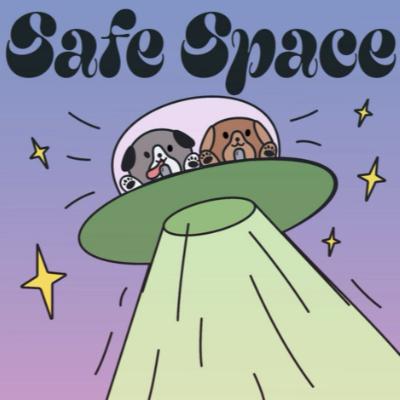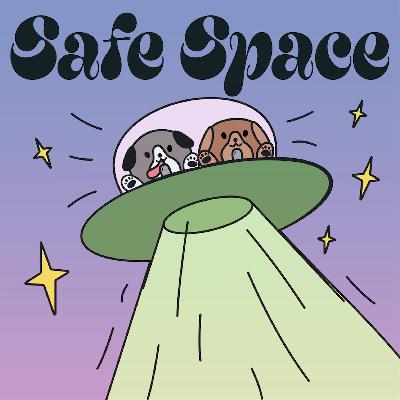
Safe Space - The ABA Podcast
Author: To the Moon PLLC
Subscribed: 10Played: 32Description
At Safe Space, we believe in the power of compassion and its ability to transform lives. We are a team of passionate professionals dedicated to our mission of increasing the quality of life for individuals with autism and related disorders. We understand the challenges faced by those with autism and their families, and we are here to provide support, guidance, and resources to help navigate those challenges. Our approach is grounded in research-backed techniques, and we are committed to sharing our knowledge and insights with the wider community. We believe in creating a safe and inclusive space for all individuals to learn, grow, and thrive. Join us on this mission to explore the infinite possibilities of creating a brighter and more compassionate future for all individuals in the world of ABA.







